Dans le contexte de la réforme de l’organisation territoriale de l’Etat, la mission s’inscrit dans le cadre de la revue de missions du programme budgétaire 113 « Paysages, eau et biodiversité » et de la démarche « DGALN Demain » engagée par la direction générale de l’aménagement du logement et de...
Research and publish the best content.
Get Started for FREE
Sign up with Facebook Sign up with X
I don't have a Facebook or a X account
Already have an account: Login
Revue de presse et du net par le Pôle de partage des connaissances S&T de l'Office français de la biodiversité
Curated by
DocBiodiv
 Your new post is loading... Your new post is loading...
 Your new post is loading... Your new post is loading...
|
|




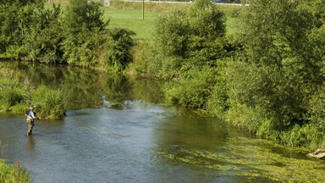


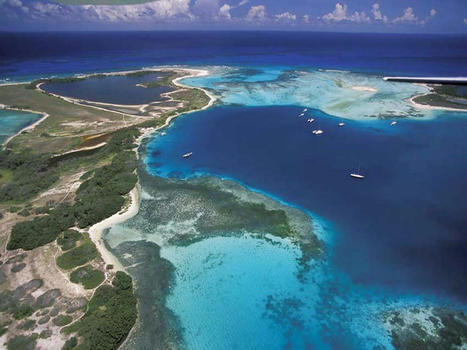
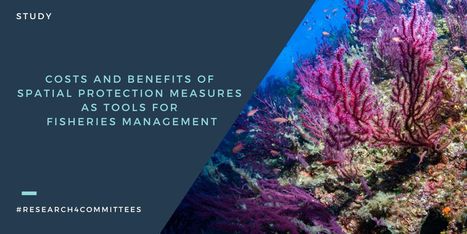
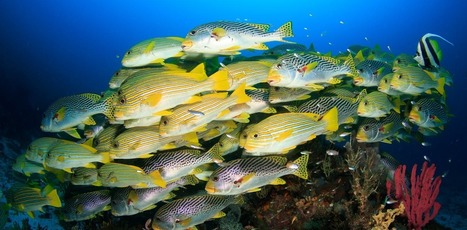
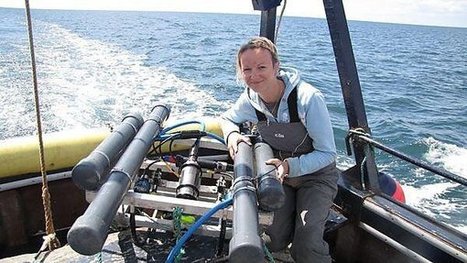






Patrick Lavarde, Bruno Cinotti, Jean-Philippe Torterotot, Thierry Galibert, CGEDD ; Nacera Haddouche, François Scarbonchi, IGA, Publié le 19 avril 2023